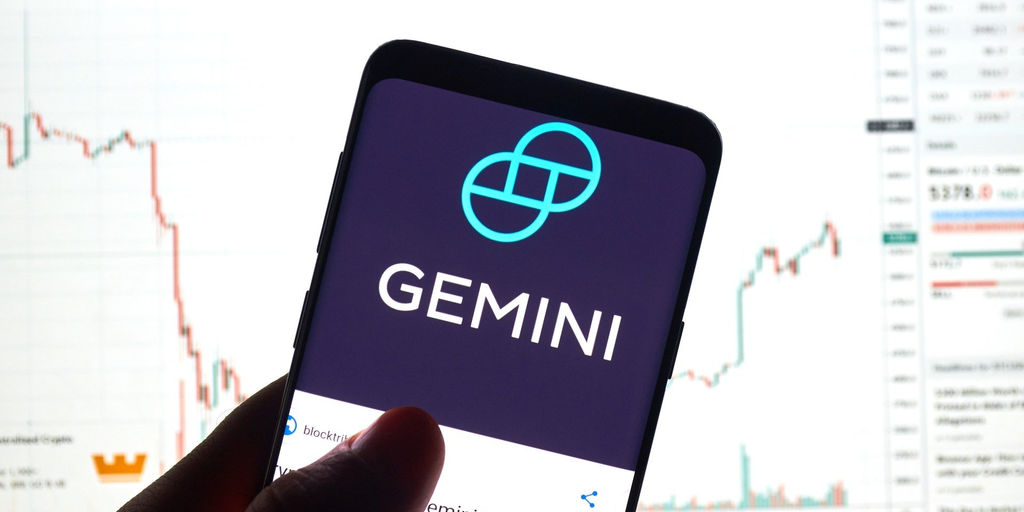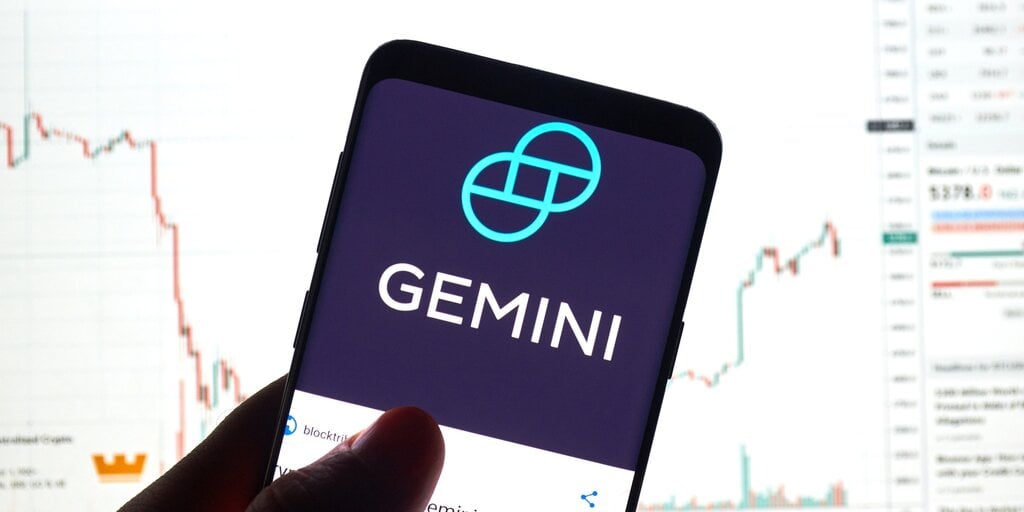
Embattled cryptocurrency exchange Gemini is urging a federal judge to throw out a lawsuit filed in January by the Securities and Exchange Commission because the federal regulator did not establish a clear case that the company was selling unregistered securities.
In a 15-page filing submitted on Friday, Gemini’s lawyers assailed the SEC’s argument that its interest-earning Gemini Earn program and a separate loan program qualified as sales to customers. Based on the SEC’s assertions to date, they argue that the regulator cannot prove its case before the court.
“Even assuming for the sake of argument that SEC has somehow described a security (under either of its inconsistent theories), it has not plausibly alleged that such security was ever sold or offered for sale,” wrote the Gemini lawyers.
On January 12, the SEC sued Gemini and crypto lender Genesis on charges of selling unregistered securities to retail investors. In their complaint, the SEC specifically cited Gemini Earn and the company’s Master Digital Asset Loan Agreement (MDALA) as securities offered to as many as 340,000 investors.
The question of whether crypto tokens count as securities under existing law has bedeviled industry players, who chafe at what they say is a lack of regulatory clarity from the SEC—and its reliance on enforcement actions. The SEC and its Chairman Gary Gensler counter that the law is clear, and that it is a refusal on the part of crypto companies to follow it that sparks its lawsuits.
In their filing, Gemini’s lawyers left open the possibility that Gemini Earn or MDALA could count as securities, but bitingly rejected the notion that they were being sold to customers.
On MDALA, they assert that the loan agreements were not “offered and sold” to customers on terms that would count as a securities sale under the law, and that the SEC’s arguments in this direction are “fundamentally inconsistent.”
“A child running a lemonade stand knows that when something is sold, ownership of the thing at issue—the lemonade—transfers from the seller to the buyer, in exchange for value,” wrote the lawyers. “Even if MDALAs are securities, the SEC has not made plausible non-conclusory allegations that they were ever sold or offered for sale.”
For Gemini Earn, the lawyers were more blunt in their criticism of the SEC’s allegations that the program itself counted as a security, something they said has no basis in fact.
“With all respect, this is frivolous,” they wrote. “The assertion, besides being untethered from the facts alleged in the complaint, bears no relation to reality.”
Through the Gemini Earn program, customers were promised high interest rates on cryptocurrencies invested in it. The Gemini lawyers said that earning interest on invested tokens did not count as a securities sale, but were instead borrowed assets that could be returned on demand.
Gemini’s call to dismiss the lawsuit comes amid a separate legal battle with Genesis’ parent company Digital Currency Group (DCG). Last month, DCG called on a federal judge to throw out a lawsuit from Gemini that alleged DCG misled it on the financial health of Genesis, which filed for Chapter 11 bankruptcy shortly after the SEC’s lawsuit against the two. The lawsuit came in the wake of failed exchange FTX’s collapse, which prompted Genesis to halt customer withdrawals last November.








